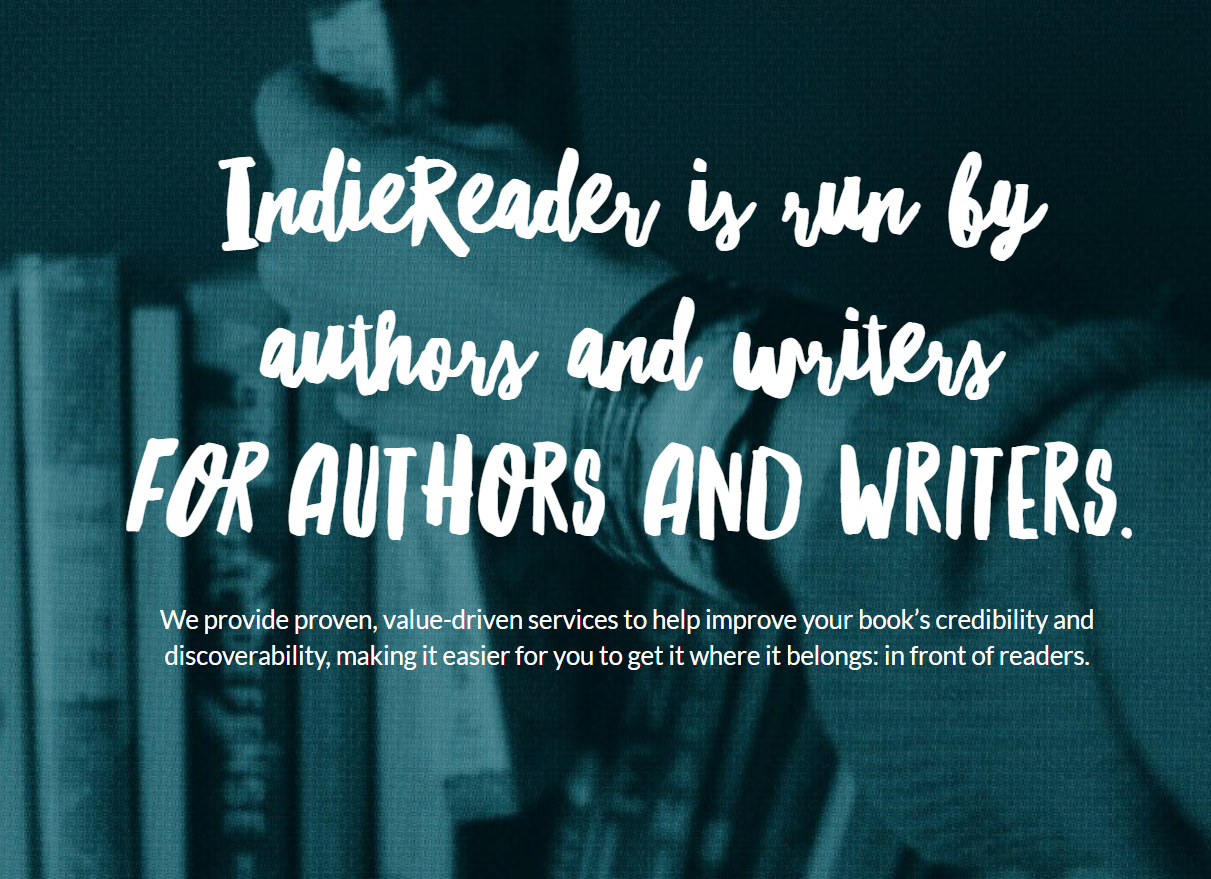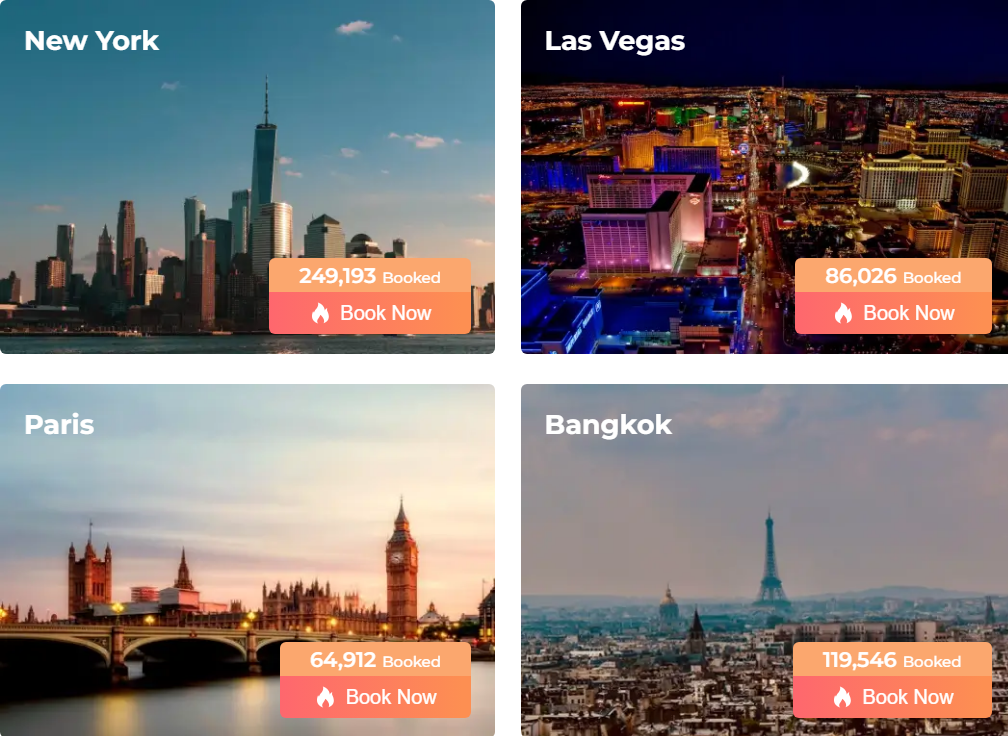Barely three minutes into the primary episode of Heartstopper – Netflix’s new LGBTQ+ coming-of-age romcom sequence, which has been a knockout success with critics and viewers – I turned to my boyfriend, curled up subsequent to me on the couch. Aimed primarily at a youthful viewers, the present is about an brazenly homosexual male sixth former at an English complete (performed by 18-year-old Joe Locke) who falls in love with the college’s hottest rugby participant within the 12 months above. “There’s no approach,” I declared to my accomplice with confidence, “that that is going to finish properly.” His love would go unrequited. We’d seen all of it so many occasions earlier than.
The concept the present may finish because it did – with a tear-jerkingly festivity of younger queer love in full bloom, depicted gorgeously – appeared unattainable. My very own comparable experiences at college, I believed, had taught me much better; the notion that tv executives would fee – or that British audiences would welcome – a mainstream, queer and adolescent happily-ever-after was firmly past the realms of chance in my jaded millennial thoughts.
Because the Heartstopper plot unfolded, nonetheless, so too did a real-life occasion. By the point – in episode eight – the 2 most important characters had really fallen for one another, teenage Blackpool FC footballer Jake Daniels had come out; he was the primary homosexual male skilled footballer to take action since Justin Fashanu in 1990. Every week after Fashanu got here out greater than three many years in the past, his personal brother – fellow footballer John – all however disowned him: “John Fashanu: My homosexual brother is an outcast” learn a headline in The Voice. Brian Clough, Justin’s supervisor at Nottingham Forest, in the meantime, described his star participant as a “a bloody poof”. Fashanu tragically killed himself. Years later, John spoke about his remorse over how he handled his older brother. In 2019, he and his daughter launched the Justin Fashanu Basis to eradicate prejudice in soccer.
Fortunately the response to Daniels sharing his sexuality has been the entire reverse: the FA labelled him an “inspiration”, whereas England striker Harry Kane tweeted: “Huge credit score to you … and the way in which your mates, household, membership, and captain have supported you” .
In the identical week got here the announcement that 18-year-old transgender lady Yasmin Finney – one other Heartstopper forged member – had been forged as Rose within the upcoming Physician Who sequence. These have been, in no way, the primary and solely examples of current milestones in LGBTQ+ visibility and illustration. There’s the triumph of musical Everyone’s Speaking About Jamie, first on the West Finish stage and now a function movie produced by Amazon; the runaway success of Netflix’s Intercourse Training, which is impressively LGBTQ+ inclusive; and Russell T Davies’ drama It’s a Sin concerning the Aids disaster, too.
And but, one thing about Heartstopper, Physician Who and this information from the world of soccer sat somewhat in a different way. These weren’t tales that centred on overcoming prejudice, like numerous others. Every of those three was a constructive presentation of a brand new era’s queer expertise, the angst and trauma that we’ve turn out to be so accustomed to witnessing taking a again seat. In Heartstopper, bigotry and prejudice are removed from the first focus, and the present has proved to be so wildly in style that it has already been commissioned for sequence two and three.
We want queer tales with happiness on the forefront, too. It’s a method to change realities
For Joe Locke, Heartstopper’s breakout star, that is exactly what he noticed within the script from the outset. “It felt like an optimistic retelling of actual life,” he tells me over the telephone, squeezing in a couple of minutes to talk halfway by way of his A-level exams. Tales like this one will and do happen in colleges immediately, he believes, even when a number of the challenges are extra simply overcome within the present than in actual life. “However I don’t assume that’s a foul factor,” he provides. “If something, it’s great, as a result of for therefore lengthy queer folks have needed to learn and take heed to tales of which the one factor that occurs is hardship. And it’s necessary we modify that narrative – we want queer tales with happiness on the forefront, too. It’s a method to change realities in the true world.”
With current polling displaying that solely 54% of era Z are attracted solely to the other gender, in contrast with 81% of boomers, loads of indicators recommend this subsequent era of younger LGBTQ+ folks have by no means had it higher. With these extremely seen examples of queer youngsters thriving – and demographic shifts displaying better ease with sexuality and gender – may it’s the battle for true equality has handed a vital turning level?
Heartstopper’s Truham Grammar Faculty for Boys may properly be fictional, however many faculties throughout the nation have been by way of radical adjustments lately. Once I left college, simply over a decade in the past, LGBTQ+ societies have been extremely unusual: my secondary schooling started solely a 12 months after part 28 was repealed, laws which banned native authorities and colleges from “selling homosexuality” in any kind. In the present day, from Wolverhampton to north Wales, Brighton to Bristol, there are many examples of academic establishments boasting a delight group. And at Impington Village Faculty – a state secondary college with 1,300 college students on the outskirts of Cambridge – areas like this have proved invaluable for LGBTQ+ youth.
Once I meet a bunch of Impington pupils, it’s instantly apparent simply how much better knowledgeable and outfitted they’re in comparison with so many queer youngsters who got here earlier than them. Throughout introductions, it’s the scholars who instigate the sharing of most popular pronouns. Inside minutes, one sixth-former, Ada, is telling me how in a heteronormative society, areas run by and for queer folks – resembling their college’s energetic Homosexual Straight Alliance – are necessary locations for self-expression and private development.
Every scholar shares reflections on their very own experiences: 18-year-old Greg recounts his discomfort in his earlier schooling setting, a religion college, whereas holding fingers along with his now boyfriend; Milo, a non-binary sixth-former, was readily accepted by most corners of the college neighborhood with little second thought.
“I had a very constructive expertise of being queer after I was youthful,” says Amy, a last 12 months pupil. “However I by no means felt like I had anybody to look as much as exterior of college. I’d keep away from romance on TV or in books, as a result of there was no story I may join with. Though on this setting I’d been accepted, I simply assumed I’d be straight after I grew older, as a result of there have been no reference factors.” The night time Heartstopper got here out, Amy watched it multi function sitting. “I cried a lot,” she says. “Younger, British homosexual folks being out and glad? I hadn’t seen it. It took me a very long time to really feel comfy utilizing the phrase ‘lesbian’ to explain myself; I’d by no means heard it. However within the present there have been these two women fortunately calling themselves lesbians and in love. It’s revolutionary for youthful folks like me.”
After all, every scholar nonetheless had their very own limitations to acceptance. However these youngsters having the language to explain them, and an area to debate them, is little question testomony to a altering world.
This, nonetheless, doesn’t come with out its personal set of challenges. The security these teenagers expertise within the classroom, most say, feels at odds with what they assume may await them within the exterior world. Many millennials didn’t come out at college: the prospect of doing so felt far too harmful. Surviving the secrecy was made bearable by clinging on to the concept that issues may get higher in later life. For these younger folks not less than, there’s a actual worry that the other is perhaps true. It’s not all the time comfy to be so knowledgeable.
Digital natives, they haven’t been shielded from the struggles dealing with LGBTQ+ folks in Britain: the backdrop of accelerating LGBTQ+ hate crimes, a disaster within the psychological well being of trans folks and the federal government’s continued refusal to ban traumatising conversion remedy. Speak of upper ranges of LGBTQ+ homelessness got here up repeatedly, as did the data that their college expertise wasn’t essentially the norm. A report by Simply Like Us, a British LGBTQ+ youth charity, final 12 months discovered 42% of LGBTQ+ college pupils have been bullied previously 12 months, double the variety of their non-LGBTQ+ friends.
LGBTQ+ kids’s experiences at college are a postcode lottery. Some colleges are doing the work brilliantly, however loads of others refuse
Sue Sanders – emeritus professor on the Harvey Milk Institute, co-chair of charity Colleges OUT UK, and LGBTQ+ Historical past Month co-founder – believes there are actual dangers in being seduced by the concept that the outlook is singularly rosy for younger folks. She says, “LGBTQ+ kids’s experiences at college are a postcode lottery. What we see are some colleges doing the work brilliantly, however loads of others refuse.” Too usually, she says, assist for LGBTQ+ pupils depends on the efforts of a single trainer, later collapsing with out them. “Others do nothing, or proceed to illegally inform their LGBT academics to not come out.” To at the present time, solely round half of Britons are supportive of LGBTQ-inclusive intercourse schooling in colleges.
Katie Slee, head of academy at Leeds United FC, sees the identical contrasts on the planet of soccer. Having spent 14 years working on the membership in varied capacities, she has seen big shifts in the way in which inclusivity on the membership is applied: at each stage, gamers and employees have attended Soccer v Homophobia periods and coaching, and in 2018, Leeds United was the first sponsor for the town’s Pleasure occasions. “One of many greatest shifts has been in language,” she says. “I’m not having to problem younger gamers as a lot as earlier than. Employees by no means use homophobic language, when at one stage they could properly have executed with out occupied with it.”
She provides, “That’s not constant throughout each membership. I do know for a reality it’s not.” On a number of events, younger Leeds gamers have reported homophobic language from opponents on the pitch to referees, who haven’t all the time taken any motion.
“It’s an outstanding shift,” Slee says, “however it’s not sufficient. I’ve not identified a single participant at any stage who has come out whereas taking part in for the membership. From the juniors proper as much as the primary crew. That merely doesn’t add up.”
Even cultural advances, Russell T Davies argues, must be thought-about of their context. There’s no denying a lot has modified since Queer As Folks, the sequence he wrote about three younger homosexual males dwelling in Manchester, was first launched in 1999. “Once I take into consideration writing Nathan – a teenage schoolboy popping out of the closet – it was like a lightning bolt, a meteor. It was an unattainable factor to think about on display screen,” he says. “However I wrote it as a result of I’d began to see it within the golf equipment in Manchester.” That definitely feels way more regular now. In the identical approach, reveals like Heartstopper take the dialogue additional: the mentorship depicted between an out homosexual trainer and a homosexual pupil feels firmly new territory; as in Intercourse Training, younger homosexual male characters are lastly proven to foster shut friendships with their heterosexual male friends.
“Society can also be splintering” Davies says. “There are examples of a marvellous gender fluid youth, however that’s definitely not common. And in some methods, issues are worse than earlier than.” Take into account, as an example, the therapy of trans folks. Again in 2004, Nádia Almada – a trans lady – received Large Brother with a whopping 74% of the favored vote. “If a trans individual received a actuality present now, there’d be delight, but additionally backlash and uproar. These moments must carry on taking place; we have to preserve pulling down these partitions time and again.”
There are examples of a marvellous gender fluid youth, however that’s not common. In some methods, issues are worse than earlier than
The reality is, there’s no singular stream of linear progress. Matt Cook dinner is a professor of contemporary historical past at Birkbeck College, with a deal with queer histories. He can monitor comparable contradictions all through the previous 30 years and past.
“If we glance to the Eighties and early 90s,” Cook dinner explains, “there was a transparent effort by homosexual and lesbian folks to make themselves heard and visual. Within the context of that upsurge of homophobia, part 28 and the Aids disaster, there was a battle in opposition to silence as so many have been dying or having their voices sidelined.” What emerged was different theatre, queer cinema and extra queer neighborhood areas, all created by and for queer folks. “These supplied a lifeline and anchor for folks like me coming of age,” Cook dinner says.
What adopted, in keeping with Cook dinner, was a shift in mainstream tradition. Underneath Tony Blair’s Labour authorities, part 28 was scrapped, the Equalities Act launched, the age of consent was equalised, and out homosexual males and lesbians may for the primary time serve within the armed forces. Alongside got here Queer As Folks, LGBT Historical past Month, homosexual finest buddies in Intercourse and the Metropolis, and brazenly queer contestants on main reveals resembling Large Brother. “All of the sudden,” Cook dinner says, “there was LGBTQ+ illustration in all places. That was great for folks popping out, however there’s a parallel loss: homosexual bars closed, communities disaggregated. In some methods, isolation felt extra acute, as a result of there was a presumption that the whole lot was nice.” A decade earlier, argues Cook dinner, “it was simpler for LGBTQ+ youth to articulate their wrestle: within the late 80s to say, ‘I really feel shit as a result of there are infinite tabloid headlines saying my life is nugatory.’ Troublesome experiences turned more durable to outline on this later interval.”
Lisa Energy is a co-founder of Stonewall and an activist because the Nineteen Seventies. She says: “I’m inspired that we’ve began to study from our historical past. It’s most likely the primary time we’ve had sufficient historical past to study from, and that ensures we stay vigilant at occasions like this.” There are some individuals who love queer folks, reckons Energy; others who’re hate-filled. “The overwhelming majority are someplace within the center, and fairly simply swayed. Some individuals are shocked,” she suggests, “that the pure progress they presumed would come in the direction of the sunlit uplands for queer acceptance hasn’t materialised.”
Energy is aware of illustration issues: the very fact Heartstopper can depict a blossoming younger queer love story, a single male footballer feels capable of share his sexuality, or a faculty adequately helps LQBTQ+ youth, are after all all worthy of celebration; they provide glimpses of a greater future. And but someway, she believes, in addition they expose simply how far we nonetheless have left to go. “There’s a wrestle forward,” Energy says, “and it’ll not be simple. However there are actually extra of us – and with extra instruments – than there have ever been earlier than.”
Be part of Owen Jones as he chats to Alice Oseman and Joe Locke concerning the Netflix hit Heartstopper on Tuesday 5 July. Ebook your occasion ticket right here.





